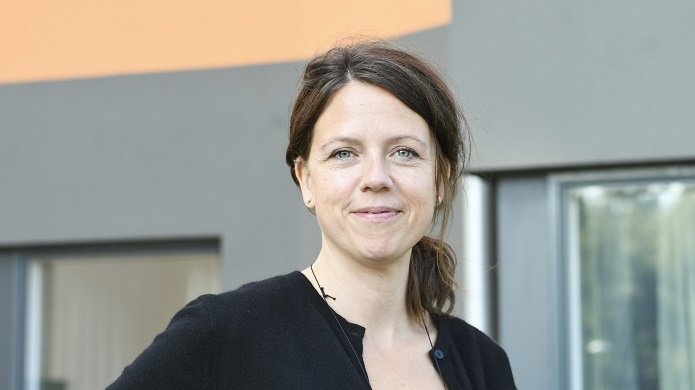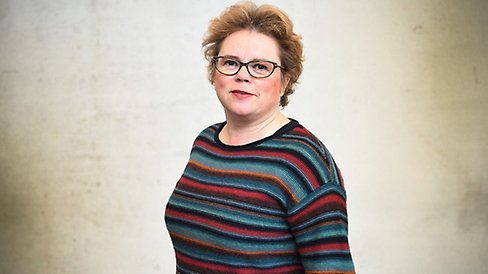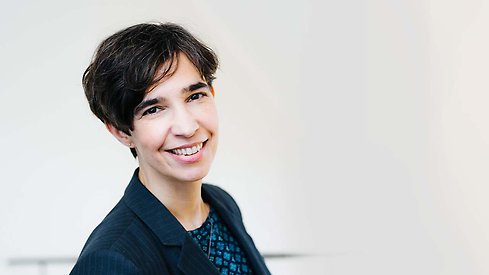Moral stress in care of older people – new knowledge for better eldercare
The coronavirus pandemic has highlighted problems in Sweden’s eldercare, but managers and employees have already had to live with these problems for a long time. An ageing population, with an increasing level of demand for care services, complicates both needs assessments and day to day work, leading care workers to face ethical dilemmas. The researchers responsible for a newly started project believe that new knowledge about these situations can help improve the working environment and, by extension, result in better care provision for older people.

Using funding from Forte, Magdalena Elmersjö, associate professor in social work, along with colleagues from Linnaeus University and the University of Gothenburg, will study the ethical dilemmas encountered by different professional groups in eldercare.
“Each professional category will provide examples of what they encounter at work. Then these people will meet each other, forming a mutual community understanding of each other’s work in the same organisation. For example, one ethical dilemma could be how to deal with people in the early stages of dementia, who don’t want help even though they need it,” says Magdalena Elmersjö.
The study covers three municipalities: Kalmar, Helsingborg and Vänersborg, with the three professional categories being care workers, first line managers and needs assessors. The project will last for three years, with focus group meetings taking place in the first year.
“We frequently see that there is a lack of knowledge about what first line managers or needs assessors do. We want to create bridges, where people can get to know each other in a different way, and learn about each other’s skills and what their working life is like,” she says.
In its second year, the project will examine education; partly at a folk high school that offers education in health and social care, and partly on the Social Work programmes at the three universities in the project. The idea is to build up a knowledge bank that can be used for educational purposes. In the third year, the researchers return to the practical applications.
“We move between practice and education. There is a great deal of focus on how combining research and practice can create new knowledge. We want to use these ethical dilemmas to highlight the moral stress that employees in eldercare can be exposed to. But we also want to talk about what can be done, and how that knowledge can be utilised in each organisation. We believe that learning about each other’s working day leads to better cooperation, and that a good working environment ultimately leads to better care for older people,” says Magdalena Elmersjö.
Care of older people is a theme that has followed her throughout her adult life. Aged seventeen, she began working in a kitchen at a residential living facility and, after this, was employed as a care worker before training as a nursing assistant. She then gained a Social Work degree, which led to doctoral studies and, with a PhD in social work, her research interests now focus on eldercare. Magdalena Elmersjö was also appointed associate professor in the autumn of 2021.
In another project, Magdalena Elmersjö is following the work of needs assessors in Skärholmen (Stockholm Municipality). She has seen examples of the kinds of ethical dilemmas that can arise, such as where fasting periods clash with illness or frailty.
“In these cases, it has turned out that contact with religious groups and leaders can be incredibly important. They help each other, so the person doesn’t just get a no, but there is an opening for discussion instead,” she says.
The common denominator in these two projects is needs assessors as a professional category, and Magdalena Elmersjö highlights the importance of showing their working conditions. In her work, she has also noticed there is a great lack of knowledge about what a needs assessor does, both within their own organisations and from politicians.
Working close to the environment she studies in her research is incredibly important, and Social Work at Södertörn University has an active cooperation with a range of public bodies, such as Skärholmen’s social services.
When, aged 17, she was working in that kitchen, she worked alongside a woman who gave her some advice: Listen to me as if I was your mother, never start working in eldercare.
“I did exactly what I would do if she was my mother, namely just the opposite. And I have never regretted it.”
Page updated
25-11-2022





